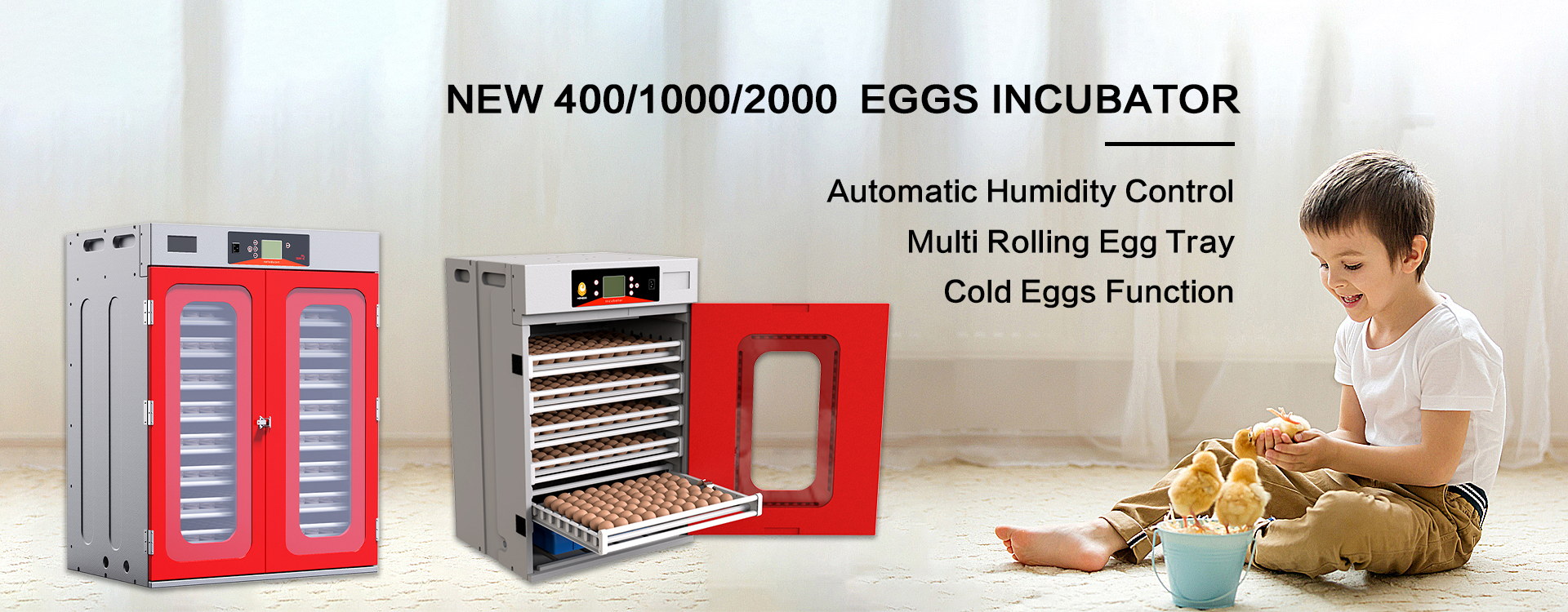An egg incubator is a device that is used to provide the ideal conditions for the hatching of eggs. This equipment is commonly used in farming and poultry industries to facilitate the hatching process of various types of eggs, such as chicken, duck, quail, and even reptile eggs. So, what is the purpose of an egg incubator?
The primary purpose of an egg incubator is to recreate the natural environment in which eggs would typically be incubated by a mother bird or reptile. This includes regulating the temperature, humidity, and, in some cases, turning the eggs to ensure proper development. By providing a stable and controlled environment, the incubator increases the chances of successful hatching and improves the overall hatch rates.
One of the key benefits of using an egg incubator is the ability to closely monitor and regulate the incubation process, which can be challenging in a natural setting. The incubator allows for precise control over the temperature and humidity levels, creating an optimal environment for the growing embryos. This can lead to higher hatch rates and healthier chicks or offspring.
Furthermore, using an egg incubator can also speed up the incubation process. In natural conditions, the incubation period can be affected by external factors such as weather changes or disturbances. However, in an incubator, the ideal conditions are maintained consistently, resulting in a more efficient and predictable hatching timeline.
Another important purpose of an egg incubator is the ability to hatch eggs regardless of the season. In colder climates or during the winter months, natural incubation may not be feasible, leading to reduced or inhibited egg production. By using an incubator, farmers and breeders can continue hatching eggs year-round, helping to maintain consistent production and meet market demands.
In addition to poultry and farming industries, egg incubators are also widely used in educational settings. Schools and educational institutions often use egg incubators as a hands-on learning tool to teach students about life cycles, reproduction, and the care of hatching chicks. This not only provides a practical learning experience but also fosters an appreciation for the natural world and animal husbandry practices.
Moreover, egg incubators have applications in conservation and research efforts. They can be used to hatch and rear endangered species or to study the development of different types of eggs. By providing a controlled environment, incubators play a crucial role in preserving and understanding various species and their breeding habits.
In conclusion, the purpose of an egg incubator is to create an artificial environment that mimics the natural conditions necessary for the successful hatching of eggs. By regulating temperature, humidity, and other factors, incubators can significantly improve hatch rates, speed up the hatching process, and provide a year-round hatching solution. Whether in commercial farming, education, or conservation, egg incubators play a vital role in supporting hatching and the growth of various species.
https://www.incubatoregg.com/ Email: Ivy@ncedward.com
Post time: Dec-28-2023





